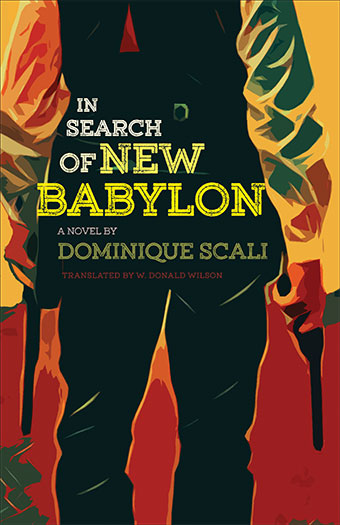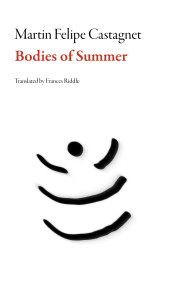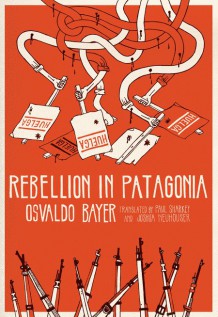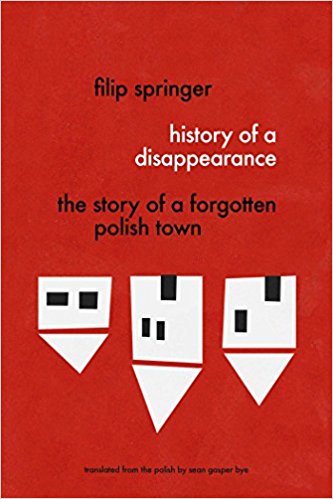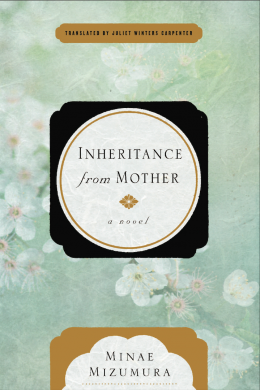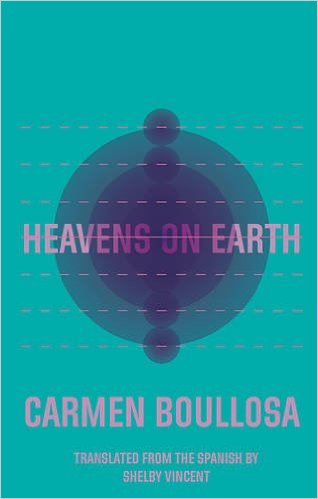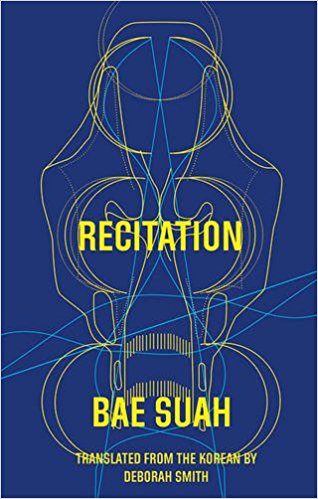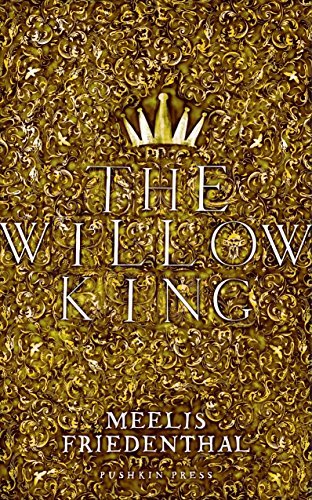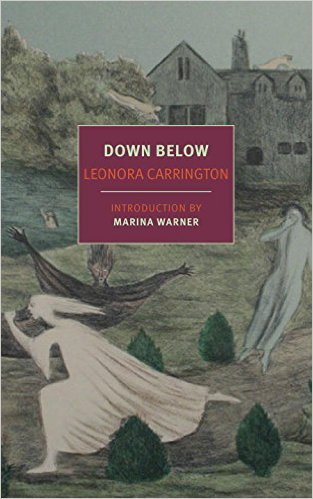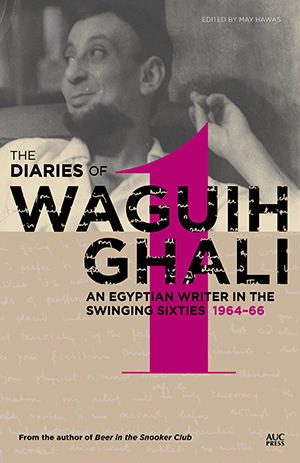In Search of New Babylon – Dominique Scali
This genealogy of American violence suggests the West as an extension of a mechanism long set in motion, always going to break in the singular, inevitable way it could have.
Bodies of Summer – Martin Felipe Castagnet
At its best Castagnet’s debut work artfully skirts overt philosophizing about mind-body relations and necropolitics, keeping this slim speculative novel at an athletic pace and leaving ample room for us to explore its marvelous world for ourselves.
Rebellion in Patagonia – Osvaldo Bayer
Rebellion in Patagonia revealed a tragedy of the highest order, no doubt. But it’s in the story of the book and what happened to its author that we find the farce.
History of a Disappearance – Filip Springer
Springer’s history is simply a “beast,” sometimes slumbering, but more often fiercely awake.
Inheritance from Mother – Minae Mizumura
The novel’s power, in large part due to its sequencing of events, lies in the sense that the first chapter’s point of jadedness becomes inevitable, a naturally unnatural response to a lifetime of thwarted dreams.
Heavens on Earth – Carmen Boullosa
Language is as much for sharing, being together, as it is for suppressing, delegitimizing.
I keep wondering what it means for a city to be no-place. What it means to make home out of no-place.
The Willow King – Meelis Friedenthal
With our own era’s debates on science, truth, and the merit of religion, THE WILLOW KING makes us appreciate how much, and how little, have changed in the intervening three hundred years.
Down Below – Leonora Carrington
For Carrington, surrealism seems less of an art movement designed to attack the world, and more like something purged from the body, like a ball of mucous or grease on the skin after a fever.
He drinks, he gambles, he obsesses over his emotions, and he sleeps. Occasionally he writes.


